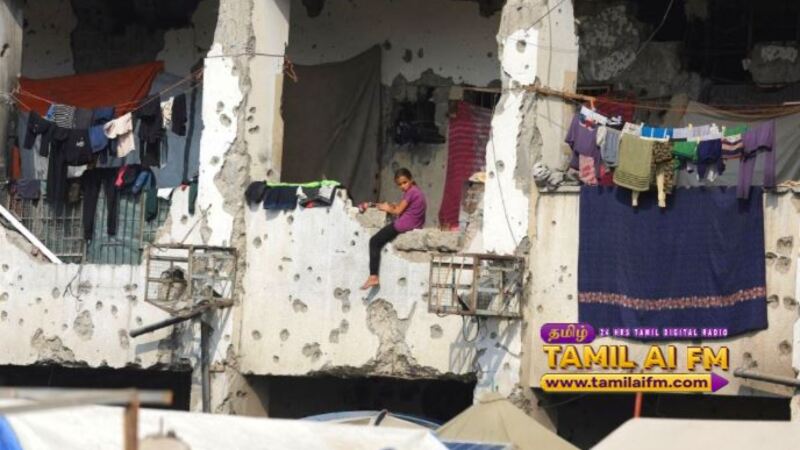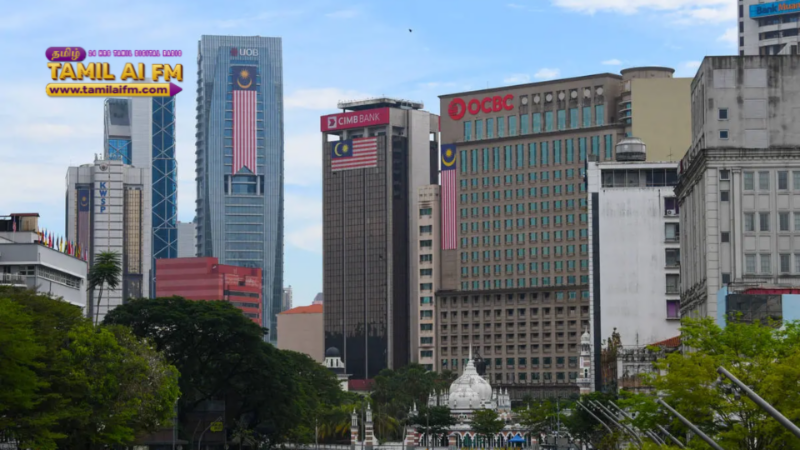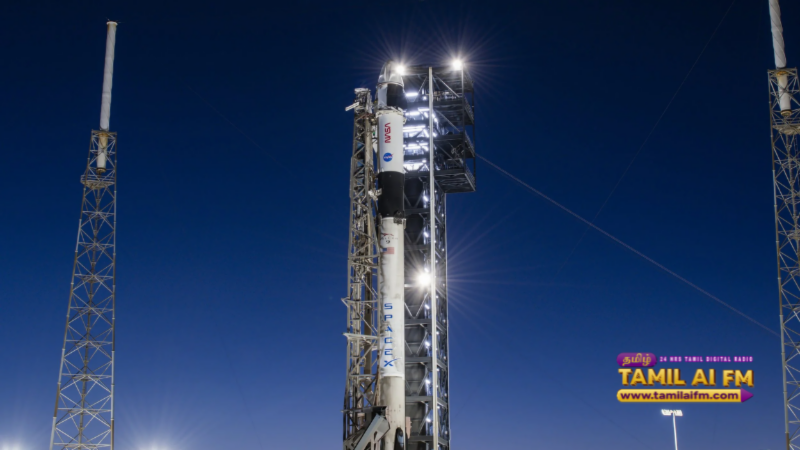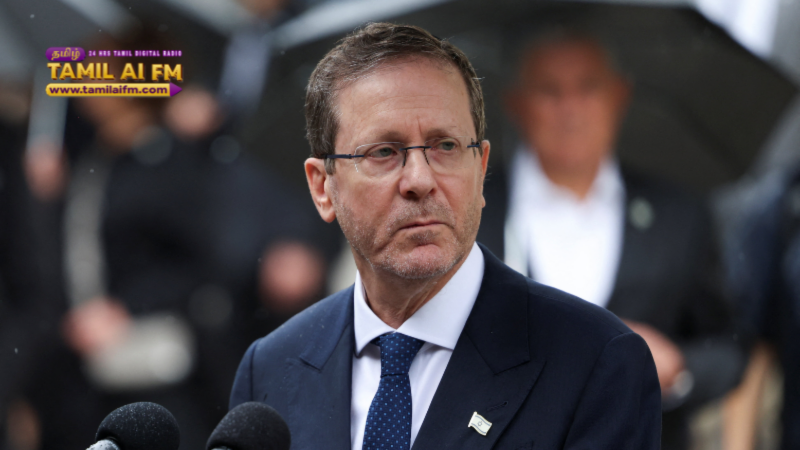GAZA, Nov 12 — Palestinian mother Hanan al-Joujou, 31, has to feed her three children in the dark with a flashlight as there is no electricity in Gaza even after last month’s Israel-Hamas ceasefire.
When they cannot afford to charge the flashlight, they go without food.
“We stay in the darkness — once the sun sets and the Maghrib prayer is called,” al-Joujou said, referring to the Muslim sunset devotion. “If the light of the flashlight is available, we light it. If not, we go to sleep without dinner or light.” Her family has been without electricity since war broke out more than two years ago, relying on candles when first displaced to the city of Rafah in the south of the Palestinian enclave.
Eventually they gave up even that, fearing a fire hazard in their tent. “We tried a simple LED light, but it broke. We do not have the money to fix it. We tried to get a battery, but it’s expensive and unavailable,” al-Joujou said.
Before the war, Gaza mainly depended on imported electricity from Israel though supplies were shaky. It received 120 megawatts from Israel while the enclave’s lone power plant supplied another 60 MW, according to Gaza officials.
Shortly after October 7, 2023, when Hamas militants triggered the war by attacking south Israel, killing 1,200 people according to Israeli tallies, Israel put Gaza under “total siege”.
Electricity went out in Gaza after its power station ran out of fuel within days.







